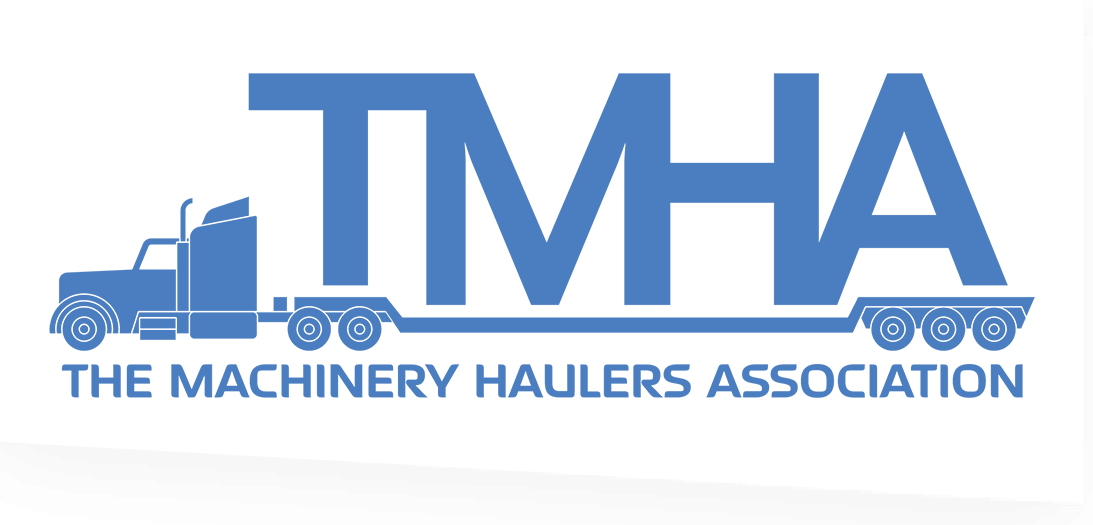The Machinery Haulers Association and its members are very concerned about and dedicated to conducting all association business legally and ethically. That includes being very sensitive to the importance of ensuring that no violations of the anti-trust laws or regulations occur at association meetings. In response to that concern, TMHA has developed a very strong policy concerning proper conduct regarding full compliance with the anti-trust laws and regulations that is strictly adhered to at all association meetings. Our abbreviated policy appears below and our full, formal policy is available upon written request.
Guidelines for Conduct at TMHA Meetings
Potential anti-trust violations are inherently present at all meetings of trade associations because an essential element of an anti-trust violation — a combination of competitors — exists. Discussions can generally involve any subject without raising anti-trust concerns if they are kept free of even the suggestion of restraint of trade, or the selection of suppliers, customers or prices.
Examples of conduct that clearly restrains competition and is presumptively unlawful include:
- Agreements to raise, lower, stabilize or in any other way establish price, or factors related to price, such as costs, wages, discounts, credit terms or profit levels (discussion of past prices may also be suspect).
- Discussions concerning what constitutes a “fair” profit level.
- Agreements to allocate or control markets, sales territories, customers or geographic territories.
- Agreements to restrict or affect the availability of products or services, or the terms or conditions of their sale.
- Discussions of the ethics or propriety of pricing practices, such as price adjustments, discounts and credit terms, or whether said practices constitute an unfair trade practice.
- Agreements requiring customers to purchase an ancillary item or service in order to buy the desired product or service.
- Agreements to refrain from competing.
- Agreements refusing to deal with third parties (boycotts).
Additional Information
Other areas to be scrutinized for anti-trust compliance include discussions concerning membership, fees and services for members and non-members, statistical programs, joint research programs, standard-setting, group buying and selling programs, and certification.
TMHA seeks to avoid anti-trust violations in connection with association activity, so participants should avoid engaging in conduct — in meetings or socially — that gives even the appearance of an impermissible conversation, agreement, alliance or impropriety.
Meetings should be conducted in such a way as to minimize allegations of anti-trust improprieties. A specified agenda and related topics should be adhered to and minutes should be taken. Participants always have the right to object to discussing any subject. Those chairing meetings should avoid discussing or making recommendations on subjects of questionable legality and should halt discussions of impermissible subjects. Less sensitive but suspect subjects, such as matters relating to data collection, cooperative research and standard-setting, should be deferred until counsel can be consulted. Secret or “rump” meetings held when official meetings are scheduled should be avoided.
Disregard of these considerations can result in anti-trust exposure for the association, the individuals and the companies involved. Civil and criminal penalties apply, and private rights of action are available to those alleging business interference or economic injury.

